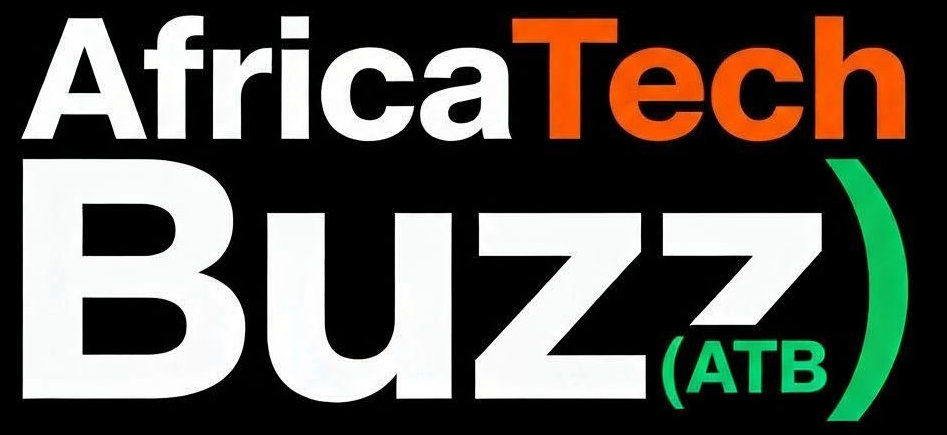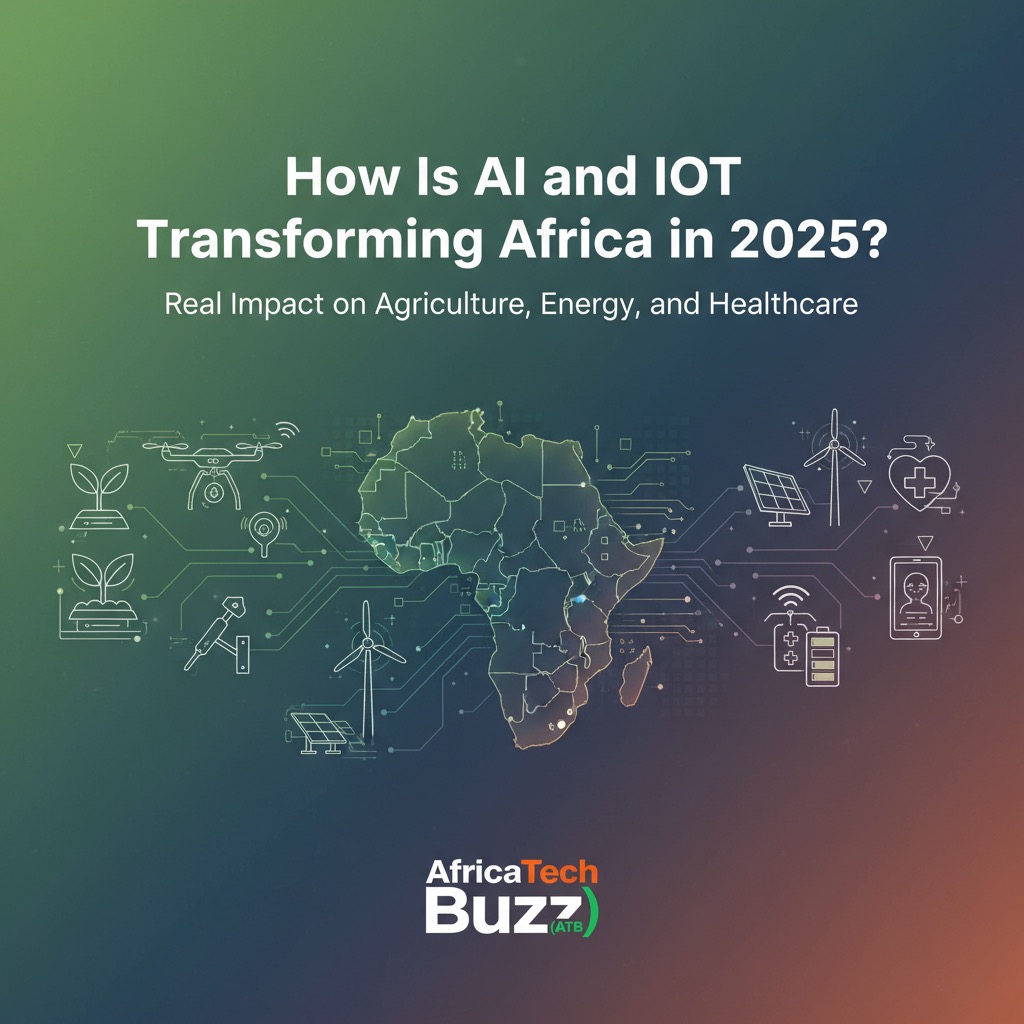How Is AI and IoT Transforming Africa in 2025? Real Impact on Agriculture, Energy, and Healthcare
AI, machine learning, and IoT are no longer just buzzwords on the continent. In 2025, these technologies are tangible problem-solvers, reshaping sectors that touch millions of African lives. From farms to hospitals, energy grids to supply chains, Africa is showing how tech can meet real-world challenges.
Smart Farming, Bigger Yields
AI is giving African farmers a major edge. Kenyan farmers, for example, increased crop yields by up to 40% in 2024 thanks to AI-powered solutions. In northern Nigeria, Farmcrowdy combines satellite imagery with soil sensors to deliver localized advice, helping farmers boost income by up to 35%.
Predictive analytics now forecast weather, pests, and disease outbreaks, letting farmers act before problems hit. Layer in blockchain and IoT, and the result is a transparent, traceable supply chain that reduces waste, fraud, and quality issues from farm to fork.
Smarter Energy for Millions
Africa still has over 600 million people without reliable electricity, but AI is changing that. Startups like M-KOPA Solar and Nuru Energy use AI algorithms to predict demand and optimize off-grid solar systems, improving energy usage by up to 50% in communities like Congo.
These solutions aren’t just clever—they’re critical for sustainable electrification, powering both rural villages and growing cities efficiently.
Healthcare Gets an AI Boost
Healthcare in Africa is getting a digital upgrade. Take Kenya’s Ubenwa, which uses machine learning to analyze infant cries and detect early neurological issues a lifesaving tool in regions with few pediatric specialists.
AI also predicts disease outbreaks, optimizes hospital resources, and tailors patient care, reducing mortality rates and expanding access to healthcare in underserved areas.
Supply Chains You Can Trust
IoT plus blockchain equals transparency. African supply chains especially for agriculture and pharmaceuticals are becoming traceable, secure, and compliant. AI-powered analytics also improve inventory and demand forecasting, cutting losses and boosting efficiency.
The Bigger Picture
Africa’s AI market is projected to hit $4.5 billion in 2025, growing at a CAGR of 27%. Investors are taking note, and entrepreneurs are focusing on localized solutions that solve real problems—agriculture, energy, health, finance.
With mobile-first AI and edge computing, solutions work even where infrastructure is limited. By 2030, smartphone penetration is expected to reach 88%, further expanding access to digital services.
Why This Matters
AI and IoT in Africa aren’t futuristic luxuriesthey’re today’s game-changers. They’re driving sustainable development, creating economic opportunities, and improving lives at scale. For tech blogs, these stories show that complex technology can be relatable, practical, and inspiring.
KoroPEY Transforms Lagos Transit with Affordable, Eco-Friendly Buses
Learn More:
-
AI in African Agriculture: Further Africa
-
Africa Tech Startup Trends 2025: Tech In Africa
-
Mastercard on AI in Africa: Mastercard
-
AI Tech Trends Africa 2025: Tech Trends Africa





There should be no need for Mac OS X to support NTFS, Ext3 and Ext4 and there should be no need for Windows to support HFS+, Ext3 and Ext4.
ivishwxxjqwltqpthhvyezwppiyiyf
Hi, I do think this is a great web site. I stumbledupon it 😉 I will revisit yet again since I book marked it. Money and freedom is the greatest way to change, may you be rich and continue to guide others.
Hurrah, that’s what I was searching for, what a material! present here at this web site, thanks admin of this site.
xwvwwtmjvfkqtgtjopzgnhjuvhpirl
ytttftlwlhtyssunelksdouwghvvud
I really like what you guys tend to be up too. Such clever work and reporting! Keep up the superb works guys I’ve incorporated you guys to my personal blogroll.
I visited various web sites except the audio feature for audio songs existing at this website is actually marvelous.
Marvelous, what a website it is! This webpage provides useful data to us, keep it up.
I am sure this post has touched all the internet viewers, its really really good piece of writing on building up new blog.
You have made some really good points there. I looked on the internet to find out more about the issue and found most people will go along with your views on this website.
I am constantly looking online for articles that can aid me. Thanks!
There is certainly a great deal to know about this topic. I really like all the points you have made.
You’ve made some decent points there. I looked on the web for more information about the issue and found most individuals will go along with your views on this web site.
I’ll right away take hold of your rss feed as I can’t in finding your email subscription hyperlink or newsletter service. Do you have any? Kindly let me understand in order that I may just subscribe. Thanks.
Greetings! I’ve been reading your weblog for some time now and finally got the courage to go ahead and give you a shout out from Houston Tx! Just wanted to mention keep up the fantastic job!
I am sure this paragraph has touched all the internet viewers, its really really good paragraph on building up new website.
Hello. Great job. I did not anticipate this. This is a excellent story. Thanks!
You’ve made some good points there. I looked on the internet to find out more about the issue and found most individuals will go along with your views on this web site.
Superb post however , I was wanting to know if you could write a litte more on this topic? I’d be very grateful if you could elaborate a little bit more. Bless you!
I conceive you have observed some very interesting points, regards for the post.